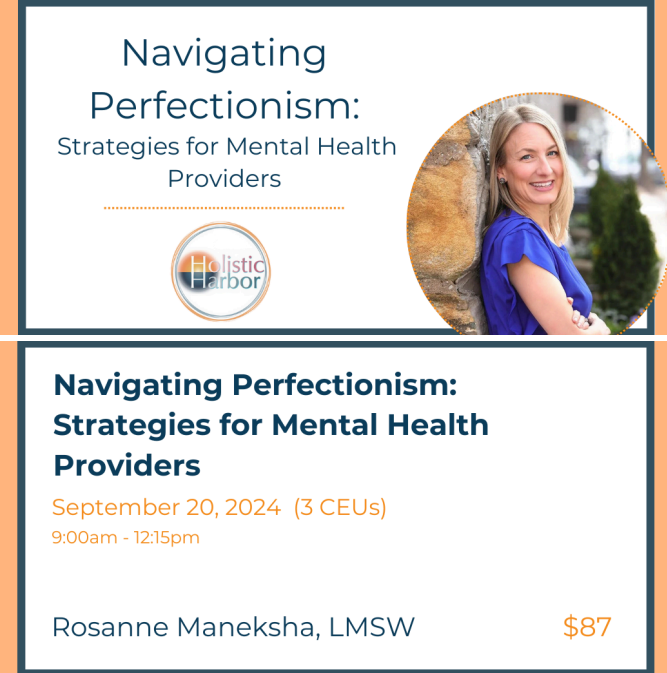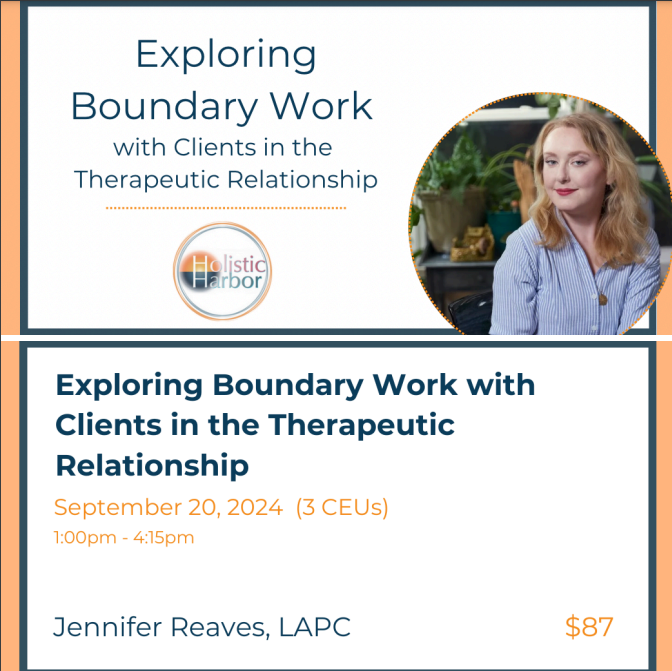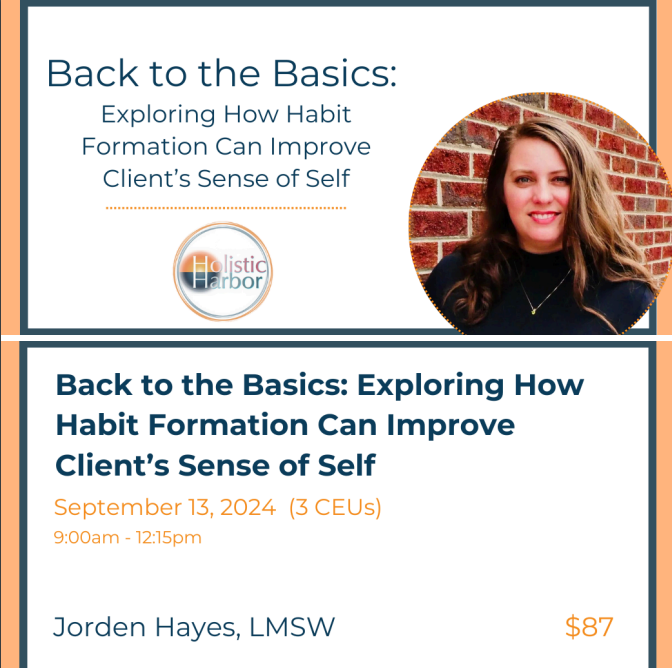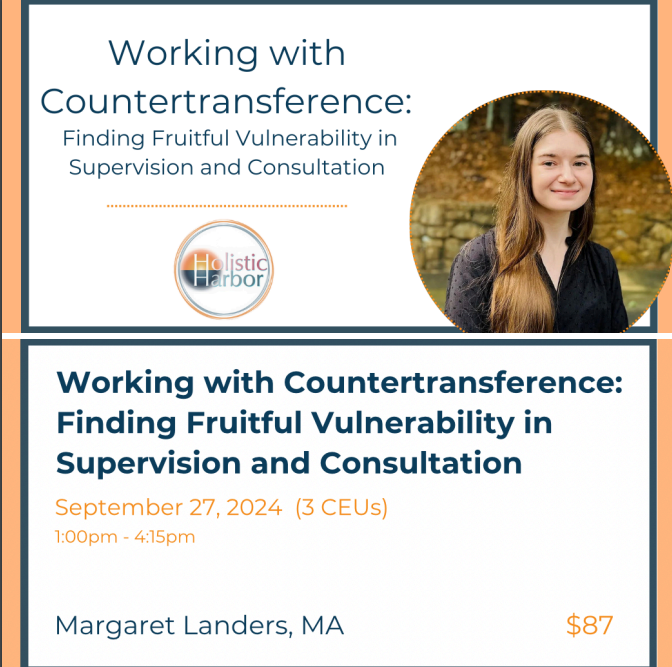Abstract / Description of Workshop:
As we examine our habits, our minds may gravitate toward cleaning schedules, personal hygiene, work routines, and exercise. Essentially a plethora of mundane tasks that we must continually complete to decrease stress, decision burden, as well as to increase our efficiency in day-to-day life. It’s common knowledge that adopting or fine tuning our habits will ultimately be in our best interest. It ensures we are giving the proper attention necessary to free up mental energy so we can give our full attention to work, relationships, and relaxation. However, habits may seem overwhelming for clients who have not adopted healthy routines into their lifestyle, or seem like a chore, which may result in neglecting routines and could result in a chaotic environment, or a chaotic mind. As professionals, we can explain the pros and cons of habit formation to our clients. Whether our client’s habits already exist, or a client is making active goals to adopt a habit, we can identify sources of strength, opportunities for growth, and identify values. Habit formation possess the potential to provide protection, support, and emotional regulation. Being that habits have the tendency to be overlooked and not appreciated, this workshop aims to provide a framework to increase our client's attunement to their habits and the practice of mindfulness.







